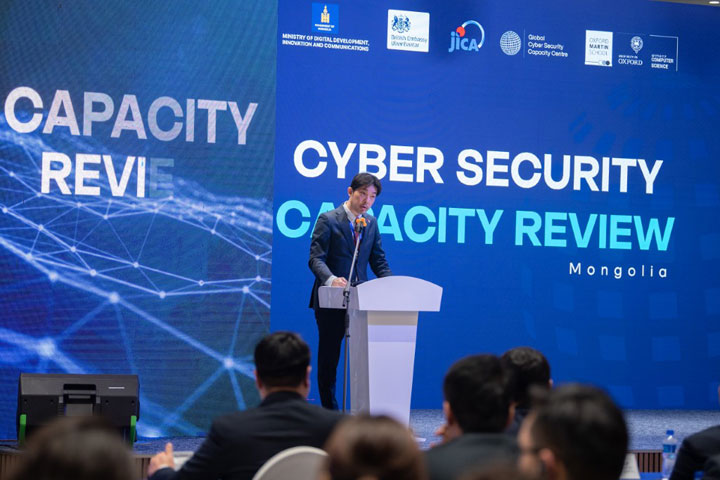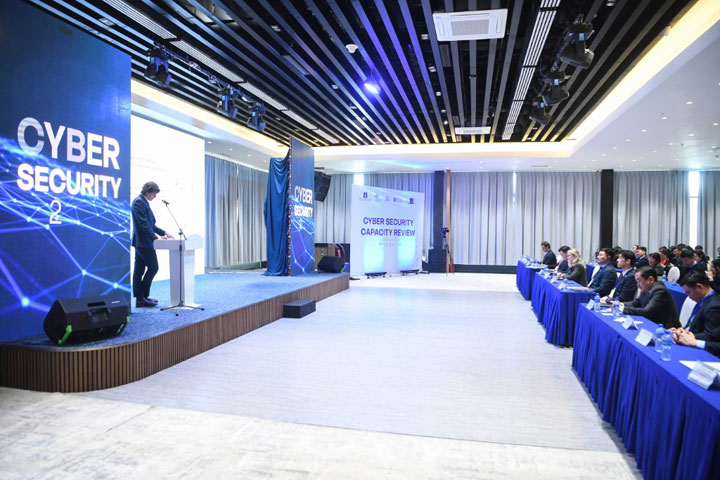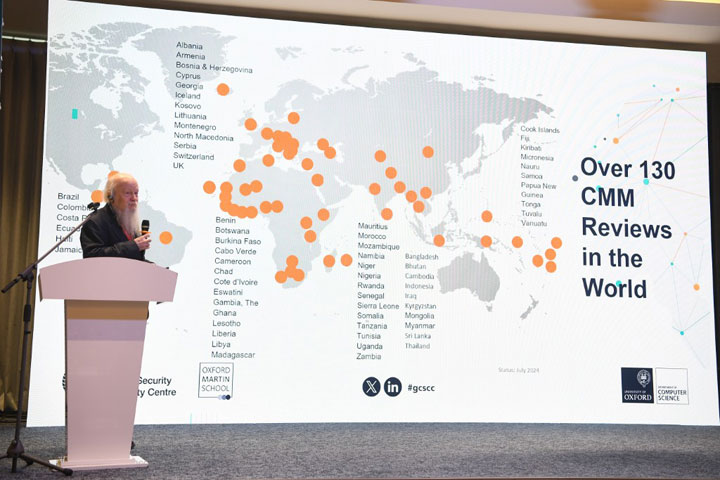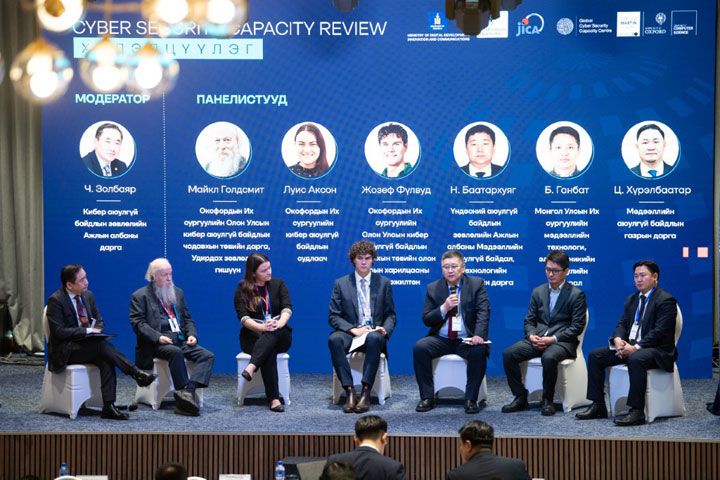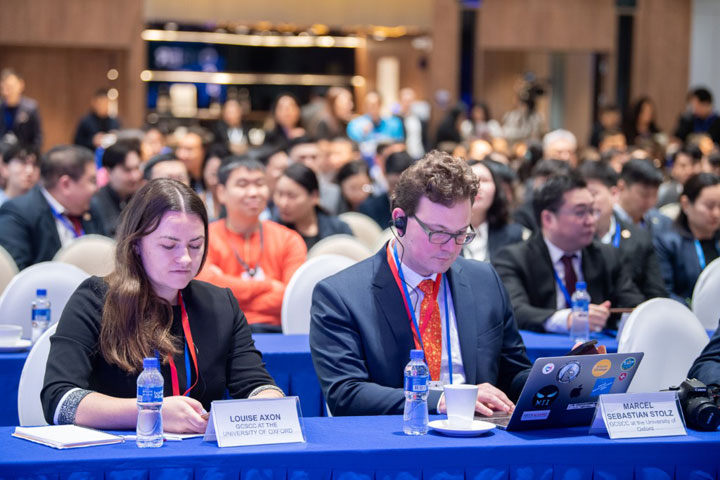Completed the Final Report of the Cybersecurity Capacity Maturity Model (CMM) Assessment and conducted of CMM Backbrief Seminar
In February 2025, the final report of the “Cybersecurity Capacity Maturity Model (CMM) Assessment in Mongolia” was completed. This report is based on the results of the on-site assessment conducted in October 2024, when a team of experts from University of Oxford visited Mongolia and conducted interviews with more than 100 stakeholders from government agencies, private sector companies, academic institutions, and international organizations.
For previous activities related to the CMM assessment, please refer to the following articles:
On-site assessment in October 2024:
https://www.jica.go.jp/oda/project/202108469/en_news/1561962_55670.html
Report review in January 2025:
https://www.jica.go.jp/oda/project/202108469/en_news/20250131.html
On February 19, 2025, Japan International Cooperation Agency (JICA), in collaboration with the Ministry of Digital Development, Innovation and Communications (MDDIC) of Mongolia and the Global Cyber Security Capacity Centre (GCSCC) at the University of Oxford, co-organized the CMM Backbrief seminar.
Researchers from the University of Oxford’s GCSCC provided detailed explanations of the report’s findings.
The GCSCC team presented the results of the assessment based on the CMM framework and outlined the current status of cybersecurity at the national level in Mongolia along with recommended actions for future improvement.
The report highlights the current status and challenges in Mongolia’s cybersecurity capacity, including the progress made and the areas requiring further attention.
Mongolia formulated its National Cybersecurity Strategy (NCS) in 2022 and has been making efforts to establish a CSIRT and improve legal frameworks. However, the report points out that challenges remain, such as delays in implementation, limited budget, and a shortage of skilled personnel.
The report particularly recommends strengthening cybersecurity measures for government agencies and critical infrastructure, expanding education and training programs, and enhancing international collaboration.
A panel discussion was also held involving both public and private sector stakeholders and academic experts to actively exchange views on future cybersecurity initiatives in Mongolia.
The seminar attracted more than 300 participants and was broadcast live on Facebook and featured on TV news, reflecting the high level of interest in cybersecurity in Mongolia.
